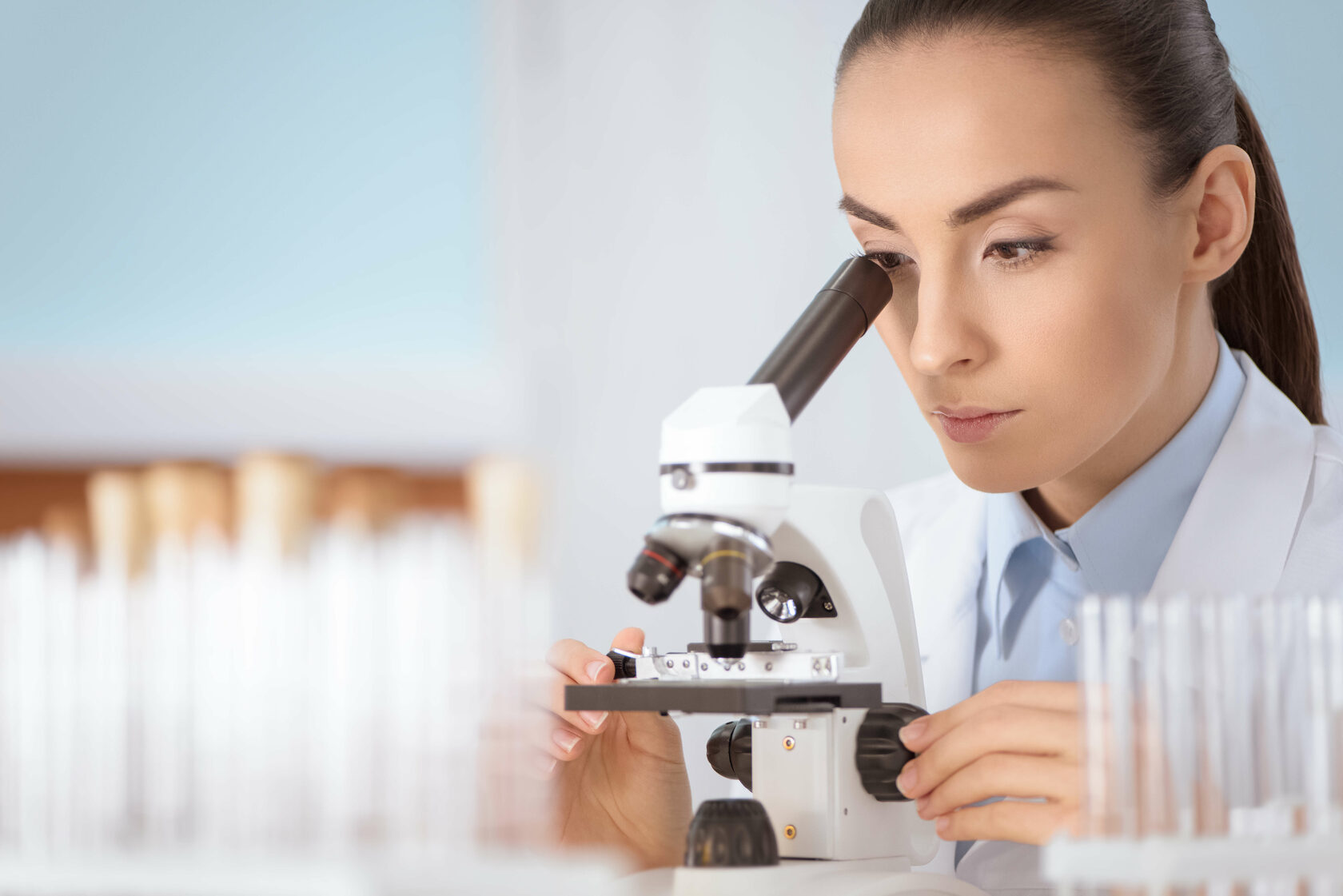Probiotics are one of the most important tools for maintaining the health of farm animals. They are used to regulate the microflora of the gastrointestinal tract, improve digestion and ensure good animal health.
Probiotics are live bacteria that are introduced into the animal's body to maintain a healthy microflora of the gastrointestinal tract. They can also be used to treat various animal diseases, such as dysentery, colitis, gastritis and other gastrointestinal diseases. Probiotics can be added to animal feed or water to provide ongoing support for gastrointestinal health.
Probiotic microorganisms include:
1) bacteria producing lactic and propionic acids (Lactobacillus, Bifidobacterium, Propionibacterium, Enterococcus);
2) non-pathogenic bacteria of the genus Escherichia (E. coli M-17);
3) spore-forming bacteria (Bacillus, Clostridium);
4) yeast (Saccharomyces, Candida);
5) thermophilic streptococci (Streptococcus).
1) bacteria producing lactic and propionic acids (Lactobacillus, Bifidobacterium, Propionibacterium, Enterococcus);
2) non-pathogenic bacteria of the genus Escherichia (E. coli M-17);
3) spore-forming bacteria (Bacillus, Clostridium);
4) yeast (Saccharomyces, Candida);
5) thermophilic streptococci (Streptococcus).
In this article, we will review two types of probiotic microorganisms, namely, bacteria producing lactic and propionic acids (Lactobacillus, Bifidobacterium, Propionibacterium, Enterococcus), of which the Microbiological complex of the Agroindustrial complex and probiotic additives based on spore-forming bacteria (Bacillus, Clostridium) consists.
The microbiological complex Bonaka-APK is a complex of living thermostable strains of probiotic bacteria: Lactococcus lactis subsp. Lactis, lactic acid bacteria (Lactobacillus delbrueckii subsp.bulgaricus, Lactobacillus acidophilus, Lactobacillus casei, Lactobacillus plantarum), Bifidobacteria (Bifidobacterium bifidum, Bifidobacterium longum, Bifidobacterium adolescentis, propionic acid bacteria (Propionibacterium shennanii, Propionibacterium freudenrechii).
Probiotic bacteria, which are contained in the microbiological complex "Bonaka-APK", are constantly found in human daily life. For example, the bacteria Lactococcus lactis subsp. Lactis is used in the production of cheeses: without them it is impossible to create a well-known parmesan. Bifidobacteria (Bifidobacterium bifidum, Bifidobacterium longum, Bifidobacterium adolescentis) - activate fermentation, it is with their help that kefir, cottage cheese, and other fermented milk and fermented products are obtained. And the very first "portion" of probiotics enters the human body already in the first hours of its life – together with mother's milk.
The microbiological complex "Bonaka – APK" contains only typical representatives of the intestinal normoflora, which contribute to the formation of microflora individuals resistant to adverse environmental factors, restore the intestinal microbiome, increase the immune status of the animal and are completely safe for animals. Application is possible throughout the life of the animal.
Spore-forming bacteria (Bacillus, Clostridium) in Europe are prohibited for use for preventive purposes. Probiotics based on spore–forming bacteria are self-eliminating antagonists - bacteria that are specific inhabitants of the gastrointestinal tract. They are aggressive and can lead to the suppression of typical representatives of the normoflora. Therefore, the period of use of such probiotics is associated with a certain risk and ranges from 3 to 5 days. In addition, unlike the microbiological complex "Bonaka-APK", the use of probiotics with spore-forming bacteria is carried out under careful veterinary supervision. Probiotics based on spore-forming bacteria are incompatible with many antimicrobial agents and there is a risk of complications.
When choosing probiotic supplements for farm animals, it is important to remember that uncontrolled use of any drugs is fraught with undesirable consequences. After all, the effect of additives is directly related to the correct dosage and combinations of bacteria in the complex.
In general, probiotics are important elements for maintaining animal health. The right choice of products will preserve the good health of animals, providing them with sufficient growth and productivity. The choice of a specific product depends on your region and the type of animals, so it is best to consult with a veterinarian before buying.
